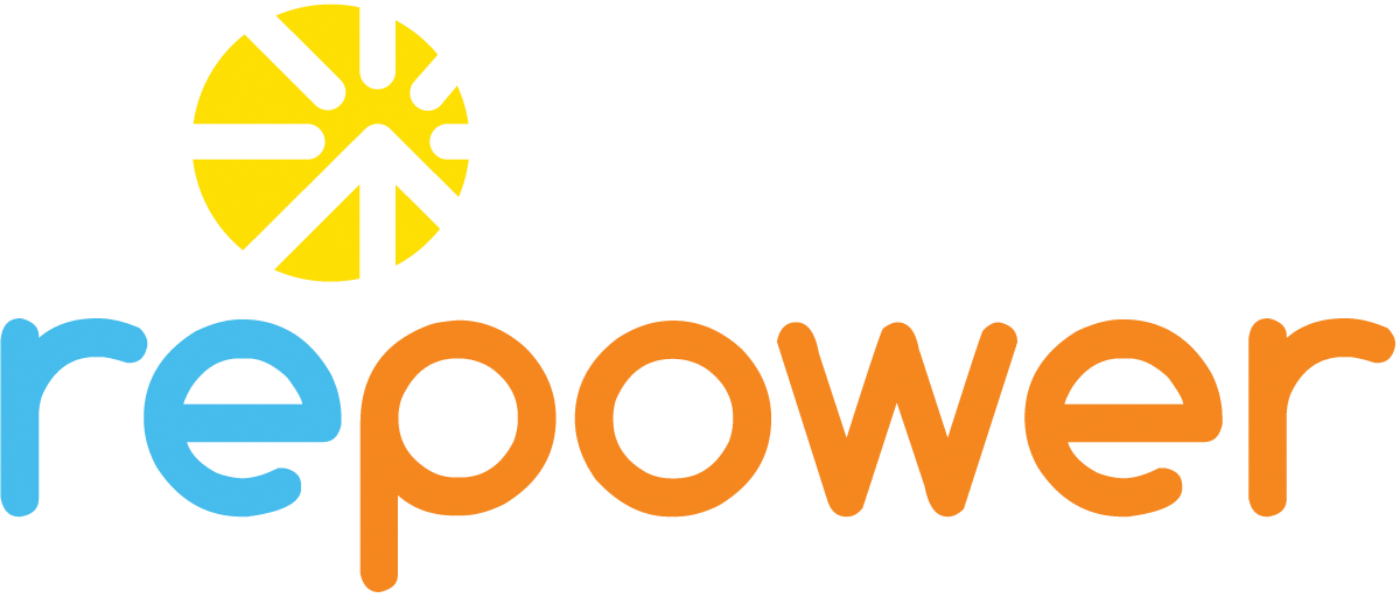This is what inaction looks and smells and tastes like. Our collective inability to move the ball forward, to get people to acknowledge and care about climate change is paying catastrophic dividends. And, it’s only going to get worse, before it gets better. Take a deep breath of air and consider how fortunate we are — to simply inhale carcinogens — relative to families in Paradise. Horrible.
First, here are two options to support victims of the Camp fire:
- UC Davis Fire Department: Accepting donation through Wednesday, Nov. 14 at 7 p.m.
- Camp Fire Support, including an option to support our friends and colleagues at Chico Electric
Second, the most succinct summary we’ve seen evidencing what’s going is a Twitter thread composed this weekend by Daniel Swain, a climate researcher at UCLA and other institutes. It’s not just the north winds; they blow every year. And, we can’t place blame simply on the lack of rainfall this fall, though it normally should be 4-5 inches in Paradise so far. Further, our planet is warming — the past five years have been the hottest on record — but that’s not it. It is the terrible tonic of the three: Our world is warming, rain the fall is dwindling, and the winds are gonna howl. This is the climate change reckoning.
Building on the above, Robert Rohde, lead scientist at Berkeley Earth, shared an interactive scatter graph contrasting average temperatures and rainfall. This one is sobering.
Third, this reminds me of the Lorax. Facing a dystopian end after the Oncler and his crew decimated the environment, the Lorax stumbles upon a call to action: UNLESS.
What we’re experiencing is past the new normal, unless we collectively confront the disaster head on.
The two most impactful measures you can take to reduce your carbon footprint are to electrify your transportation and go solar: Cut carbon from your car and home. Individually, our impact is marginal … another electric vehicle and a few dozen solar panels will not move the planet’s thermostat. But, collectively we can … it’s here and now, it’s economical and sustainable. Let’s move from “unless” to “yes”.



